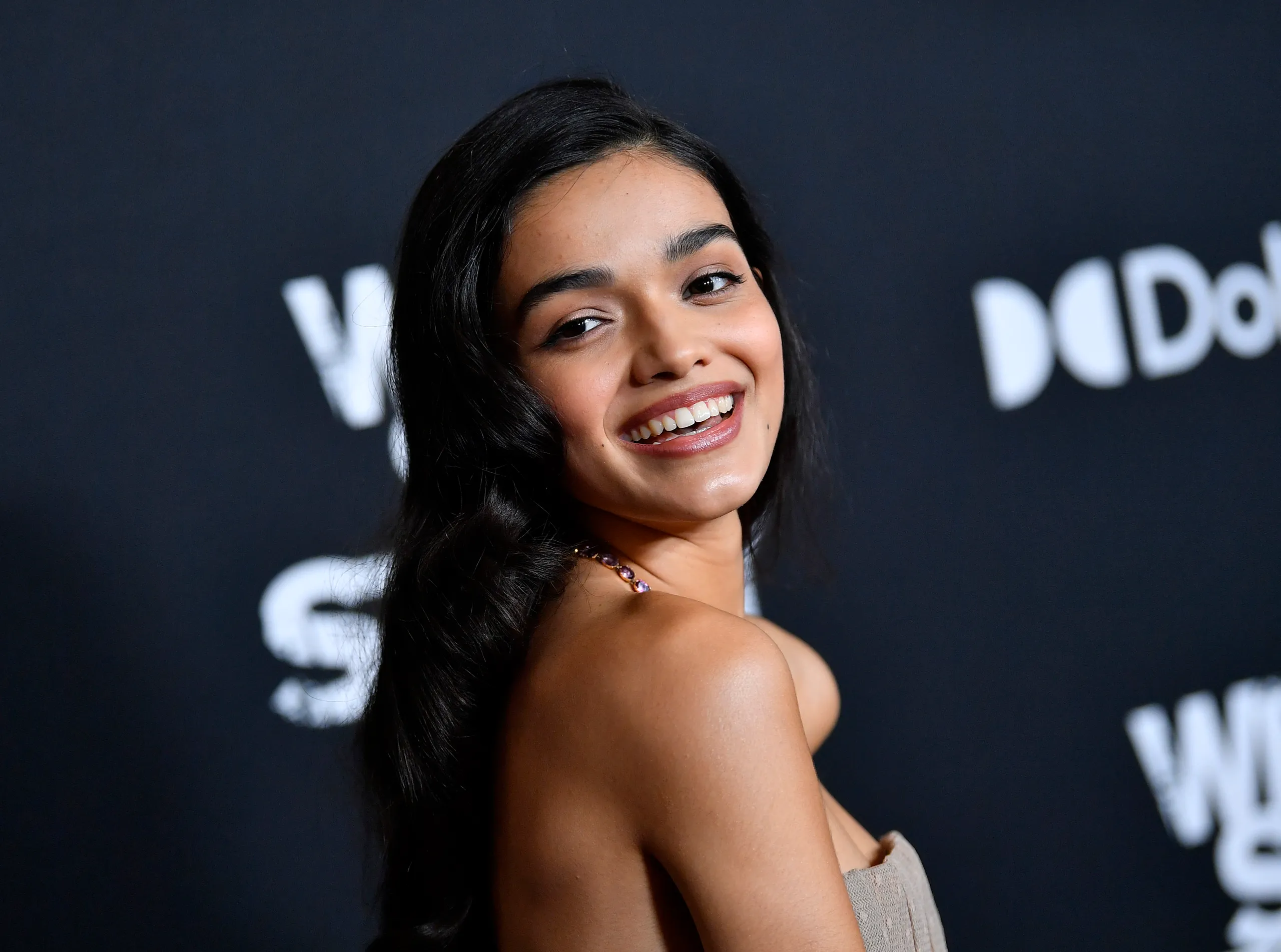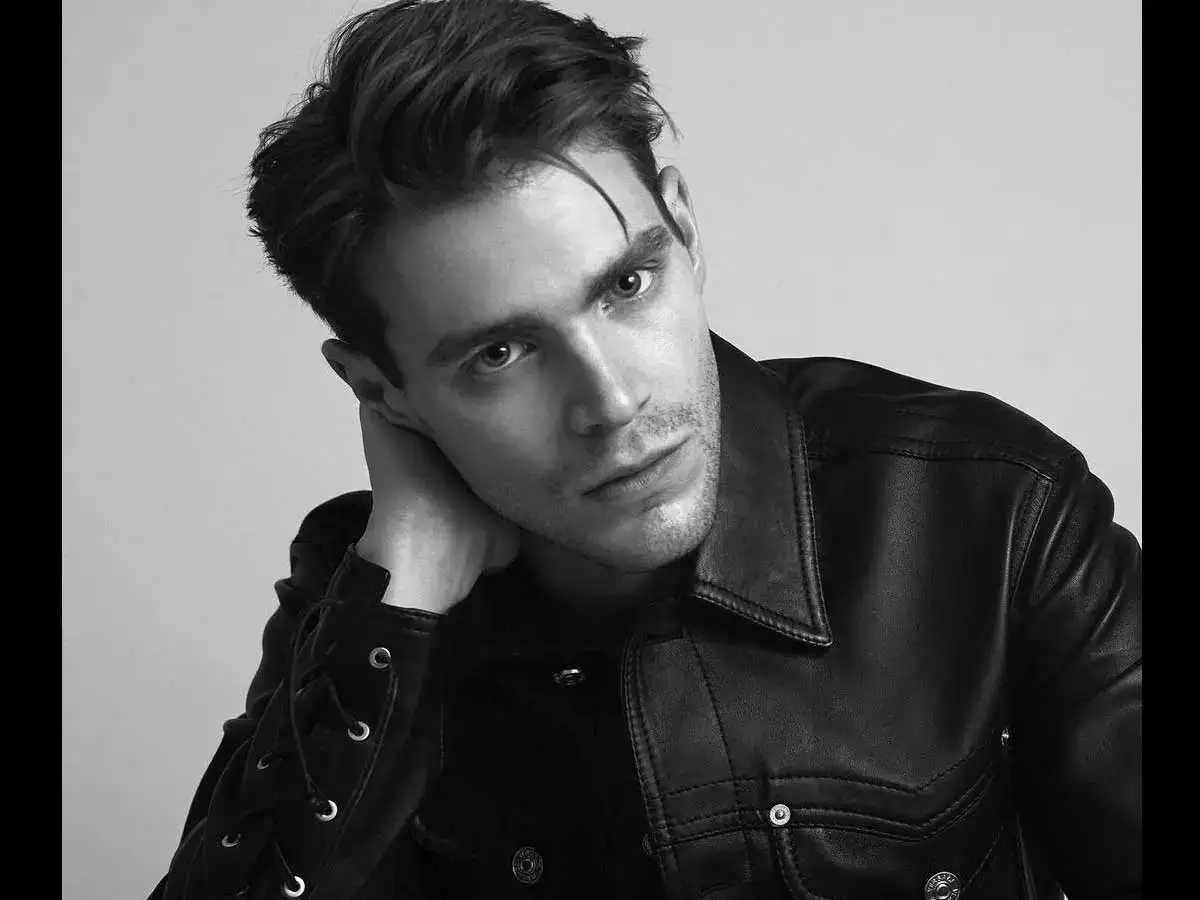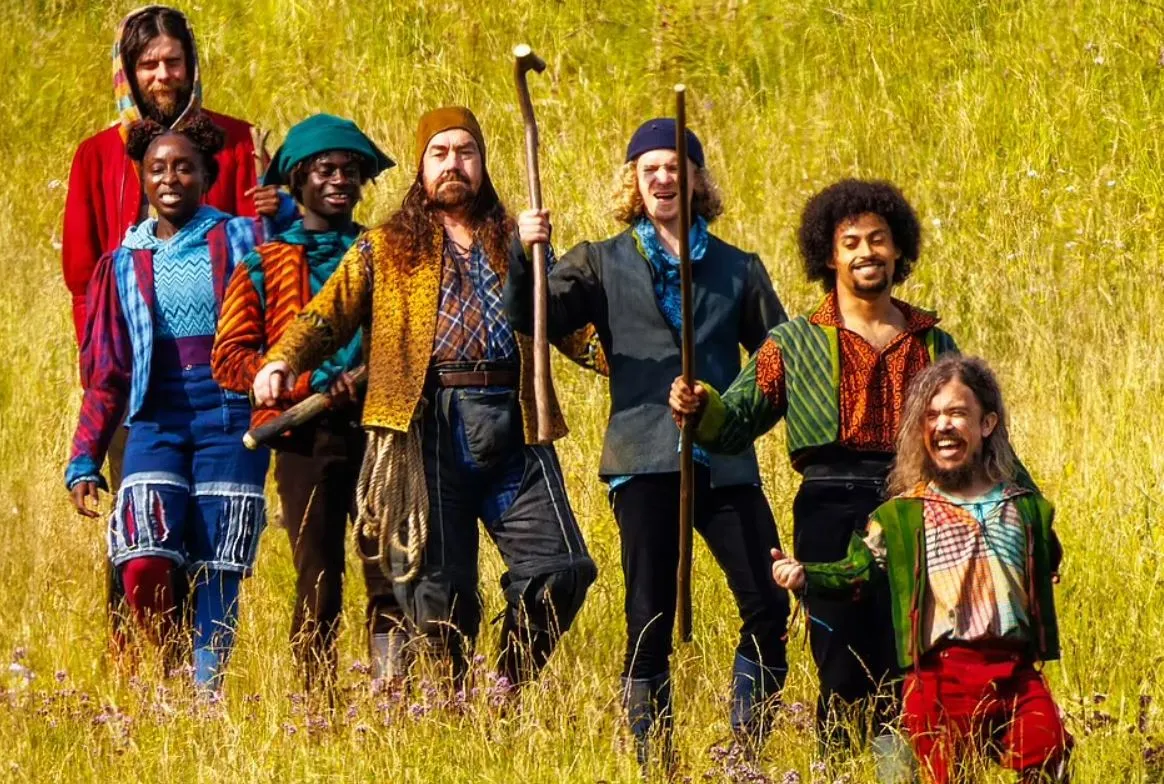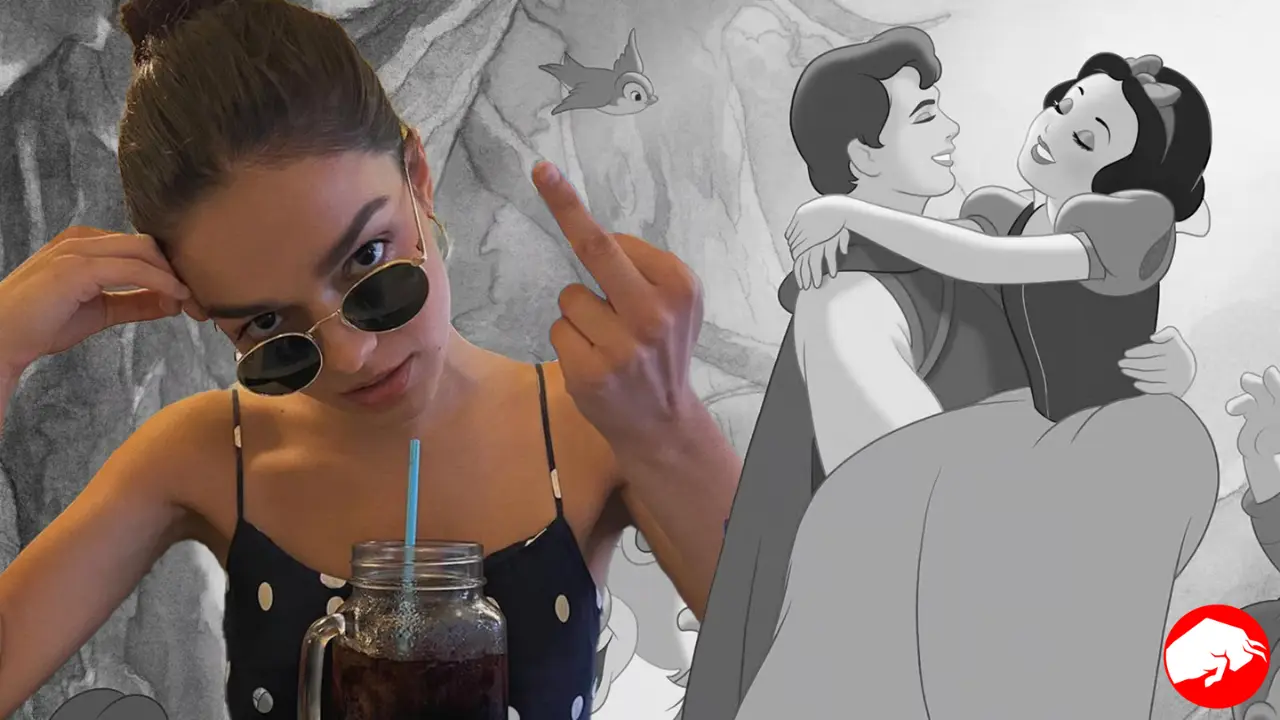Disney, the famous film company loved by many for its enchanting stories and memorable characters, is making headlines once more. This time, it’s because of their latest project: a live-action version of the beloved 1937 classic Snow White and the Seven Dwarfs. Disney has often faced challenges and mixed reactions to some of its decisions in the past. However, the discussions and debates surrounding this upcoming release have been especially heated and widespread. Many eyes are on the company, waiting to see how this modern take on a timeless tale will unfold.
The Snow White Controversy

When Disney announced the casting of Rachel Zegler, a rising Latina star, in the titular role for the new Snow White adaptation, it certainly didn’t go unnoticed. The entertainment world was abuzz, with reactions ranging from elation to skepticism. However, the controversy truly ignited when comments made by Zegler in the past about the original Snow White film became widely circulated on the internet.
Zegler’s perspective on the beloved character of Snow White is undeniably grounded in modern sensibilities. She has openly criticized the original film, calling it “extremely dated” in its portrayal of women, hinting at the passive roles they played. In contrast, she passionately expressed that her version of Snow White is set to break these traditional molds. She envisions her as “a fantastic leader” who is independent and strong-willed. But perhaps one of the most notable revelations was regarding the film’s romantic narrative.
In an enlightening Variety interview, Zegler made her stance clear, saying, “She’s not going to be saved by the prince and she’s not going to be dreaming about true love.”
This hints at a transformative direction for the story that many fans have known for decades.
Brittany Eldridge, a reputable voice from the International Journal of Disney Studies, offers her insights into the ongoing discourse.
She notes, “The whole point of fairy tales is to adapt and evolve, and that’s what we’re seeing here with Disney.”
Eldridge’s statement suggests that, while changes might be jarring for some, they’re essential for the stories to remain relevant in changing times.
A World Beyond Princes

The updated adaptation of Snow White appears to be breaking away from tradition in more ways than one. One of the most noticeable deviations from the classic narrative is the absence of a prince. Instead, as per the information available on IMDB, we have a character named Jonathan, portrayed by the talented Andrew Burnap. However, despite this revelation, details surrounding Jonathan’s role in the storyline remain intriguingly concealed, leading to wild speculations and predictions.
The choice to possibly sideline or reinvent the prince’s character has sparked a flurry of discussions on various social media platforms. There’s a broad spectrum of opinions on this matter. On one side, many argue that in our modern age, female characters should have the ability to juggle both personal ambitions and romance. They highlight how male superheroes are often depicted as achieving great feats, saving the world, and still ending up with their love interest. On the flip side, there’s a vocal group championing the idea of standalone, independent female protagonists.
One such voice is Dr. Muir from Surrey University, who weighed in on the debate, stating, “Love and feminism are not mutually exclusive. But there doesn’t always have to be a relationship in it.”
Dr. Muir’s perspective offers a fresh lens, emphasizing that while love is beautiful, it doesn’t necessarily have to be at the core of every narrative, especially when it concerns powerful female characters.
The Political Influence on Films
The relationship between entertainment and politics has always been complex, and Disney’s films are no exception to this. The broader political landscape in the US, particularly in recent times, has had a significant influence on the reception and interpretation of Disney’s productions. This interplay has been further complicated by the disagreements that arose between Florida Governor Ron DeSantis and Disney. The contention centered around the policies concerning the teaching of gender identity and sexuality in schools. Such debates often serve as a reflection of larger societal tensions, giving a glimpse into prevailing public sentiments.
Brittany Eldridge, with her keen insight into the realm of Disney studies, sheds some light on the situation. She points out that while this conflict has garnered significant attention, it’s essential to understand that it doesn’t necessarily represent the beliefs and attitudes of the entire US population.
As Eldridge rightly states, such conflicts and disagreements are often “largely amplified by media outlets,” suggesting that the media sometimes magnifies specific issues, making them seem more widespread or contentious than they might truly be on the ground. It’s a timely reminder to approach such situations with a discerning eye and to be aware of the potential influence of media narratives.
The Tale of the Seven Dwarfs

The portrayal of characters in modern adaptations often ignites discussions, especially when there’s a significant departure from original depictions. In Disney’s new take on “Snow White”, another debate has emerged concerning the representation of the seven dwarfs. According to unofficial images circulating in the media, there appears to be a marked shift from the traditional seven dwarfs that audiences have come to know and love, to a group of “magical creatures”. Interestingly, among these creatures, only one seems to be a character with dwarfism. Such a creative choice has undeniably stirred mixed reactions within the community and the entertainment industry at large.
Renowned actors have voiced their opinions on this alteration. Peter Dinklage, a respected figure in the industry, holds the perspective that remaking the film with seven dwarfs would be a step “backwards”, suggesting that it might perpetuate dated or stereotypical views. On the other hand, popular TikToker Lil Gabi D expresses concerns from a representation standpoint, arguing that such a decision may inadvertently rob actors with dwarfism of potential roles, thereby limiting their presence and voice in mainstream media.
Amidst these diverse opinions, Dr. Erin Pritchard of Liverpool Hope University offers a nuanced take. Drawing from her understanding of societal views and attitudes, she sheds light on the underlying issues associated with the original animated version. She believes that the classic portrayal perpetuated certain stigmas tied to dwarfism.
Going further, Dr. Pritchard emphasizes the importance of representation, stating, “I do think actors with dwarfism should be offered more positive true-to-life roles.”
This sentiment underscores the broader issue of providing varied, authentic, and dignified roles for all actors, regardless of physical stature.
Awaiting the New Snow White
As the clock ticks down with only seven months to go before the film hits theaters, the anticipation surrounding it continues to grow. Despite the buzz and widespread curiosity, the exact narrative of the movie is still something of a mystery. The filmmakers have chosen to keep the storyline close to their chests, fueling even more speculation and intrigue among fans and critics alike. However, amidst all the secrecy, there emerges one undeniable truth: This rendition of Snow White is set to be vastly different from the one that many remember from their childhood.
The question that lingers in many minds is whether the global audience, with its diverse tastes and preferences, will wholeheartedly embrace this modern reinterpretation. Change can often be met with mixed reactions, especially when it involves classics that hold a special place in people’s hearts. However, Rachel Zegler’s portrayal promises to bring a fresh, empowered perspective to the iconic character.
As the story unfolds, what remains certain is that Zegler’s Snow White will stand strong, charting her own destiny and journey, regardless of whether there’s a prince accompanying her or not. This shift reflects the broader evolving narratives in cinema, emphasizing strong, independent protagonists who define their own stories.









